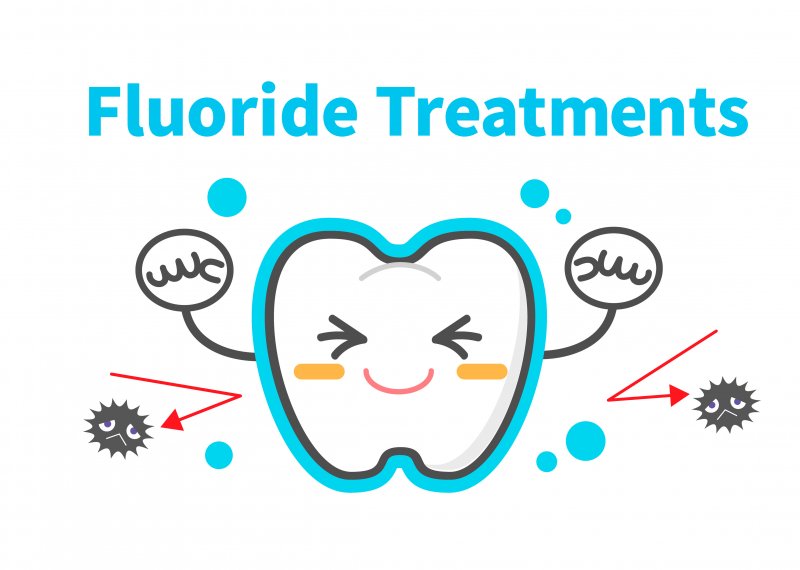
Many people know that fluoride treatments are a great way to help kids develop healthy and strong smiles, but some may not be aware that it can help adults too. The American Dental Association holds that fluoride is effective at fighting tooth decay, and adults should be using it regularly unless they are advised otherwise by a dentist or a doctor. Here are a few facts about fluoride and why it can be so beneficial for an adult’s dental health.
How Can Adults Benefit from Fluoride?
While many people think that fluoride only works by strengthening developing teeth in children, the truth is that fluoride use prevents tooth decay in people of all ages. Fluoride also has the benefit of promoting healthy saliva flow, meaning it can be used to treat dry mouth. Both of these features make fluoride a powerful weapon in the fight against cavities.
How Is Fluoride Used?
Patients can receive fluoride at their dental office or with at-home treatments. For an in-office fluoride procedure, your dentist will dry your mouth before applying a gel or foam containing fluoride to your teeth. They will leave this treatment on your smile for a few minutes, and you will be instructed not to swallow any of the fluid. At-home fluoride treatments for adults are available in the form of prescription gels that can be applied with a toothbrush. Your dentist may prescribe these according to your individual needs and risk of tooth decay.
Do I Need a Supplemental Fluoride Treatment?
Using fluoride toothpaste to brush your teeth regularly is usually sufficient if your teeth are healthy and your drinking water is fluoridated. However, some oral health conditions can make supplemental fluoride treatments necessary. A few of these include:
- Certain medications can cause dry mouth as a side effect, which makes teeth more vulnerable to injury and decay by depriving them of minerals and lubrication. Fluoride can help strengthen the teeth and moisten the mouth.
- Periodontal disease or a receding gumline can leave more of your teeth’s roots exposed, giving bacteria more surface area to attack. Fluoride treatments can help keep teeth protected against infections.
- Dental fillings or dental crowns may require fluoride treatments to prevent recurring decay of the tooth beneath the restorative work.
- Braces can create a lot of little corners for food debris to get stuck in. Using fluoride regularly can help prevent tooth decay.
Fluoride treatments can work wonders in preventing tooth decay in adults. Consulting with your dentist can determine if fluoride treatments are right for you.
About the Author
Dr. Sara E. Curcio earned her dental degree from the University of Connecticut School of Dental Medicine in 2006 and completed her residency training at Hartford Hospital. She is a member of the Academy of General Dentistry, the Connecticut State Dental Association, and the American Dental Association. Her office in South Windsor, CT offers general, restorative, cosmetic, and emergency dentistry as well as fluoride treatments. For more information on what fluoride treatments can do for you, contact her office online or dial (860) 644-2476.
